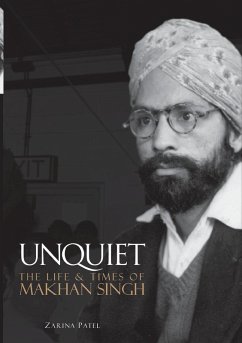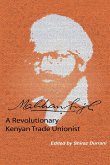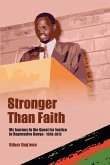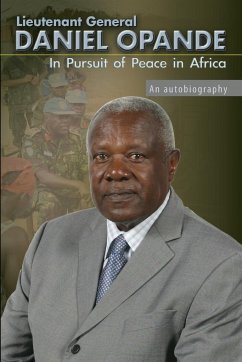Makham Singh (-1973) was an Indian settler in Kenya, who became a founding father of the trade union movement, and a leading opponent of the colonial state. He is distinguished by his consciously multi-racialist politics and his indomitable spirit. Ahead of his times, Singh was extraordinarily immune from colour prejudice and religious intolerance. He refused to accept a trade union movement segregated by race and the colonial apartheid that reinforced a hierarchy of races between black Africans, Asians and whites in such humiliating fashion. Instead, he demonstrated that the liberation of Asians and Africans were inextricably linked, and that imperialism and colonialism are the enemies of all peoples, and should be met with non-violent resistance. These stances gained him remarkable popularity amongst the ordinary people. The author explores her subject's childhood in India, his life outside his political concerns, the evolution of his politics, personality, and his experiences in detention. The research documents a hitherto un-researched archive of Singh's private papers, housed at the University of Nairobi. The primary source material, evidenced throughout the work, dates from 1927. It includes the subject's correspondence, poetry, press cutting, statements, hand-written notes, campaign posters and photographs. The project took the author further afield to the northern border of India in Pakistan where Singh grew up; to Delhi, Jalhandar and Amritsar; and to Punjabi language sources.








